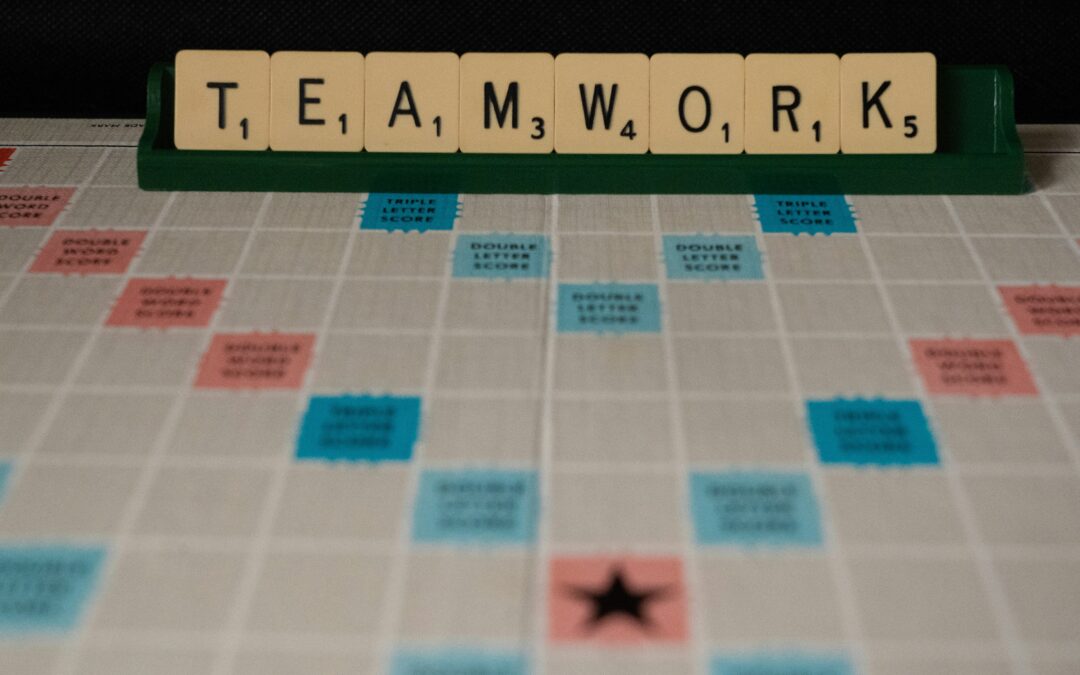By Debbie Hommel, ACC/MC/EDU, CTRS
The nursing department is the largest department in most care communities. Even though this department has the most staff, their staffing ratios are stretched over 24 hours and seven days a week. Knowing the total care needs of today’s nursing home resident, we can all agree being a nursing assistant is one of the hardest jobs in long term care. Very often, asking the nursing staff to fit more responsibilities into their day is not well received.
The activity professional can build interdisciplinary teamwork by understanding and respecting the scope of responsibilities of each department. The activity department should strive to develop and maintain a collaborative relationship with the nursing department. The first step toward this end is to agree on the definition of interdisciplinary involvement with the head of the nursing department and administration. If nursing management is not supportive of interdisciplinary responsibilities, it will be difficult to relay that message to the nursing assistants themselves. Clear parameters of involvement should be agreed upon and a unified strategic plan for implementation should be established.
Person centered care prioritizes the needs and the preferences of the person in the care process. This includes quality of care and quality of life. It is an interdisciplinary and holistic approach involving all staff, in all departments. While the interdisciplinary staff may want to engage with the person, they may not be sure how to proceed.
Ideas for Interdisciplinary Involvement
- Define a specific name for the interdisciplinary program to generate interest. Some program names may include the Good Neighbor Program or Friendly Ambassador Program. An interesting name is easier to market and creates excitement.
- Create written guidelines and protocols for the program. The guidelines should be distributed during in-services and new employee orientation. The protocols will offer staff clear and specific ideas for interdisciplinary engagement.
- Conduct in-services to introduce the program. Conduct the in-service with the director of nursing and administrator by your side. This will stress the interdisciplinary meaning of the program. Make the in-service fun and interactive, using role play, games and visual demonstrations.
- Set up the common areas with diversional and leisure supplies. This suggestion often meets with groans from the activity department. Unfortunately, when supplies are left out, they often disappear. This time – consider how the materials are introduced and organized. Before placing them in the common areas, demonstrate use of the supplies during the in-service. Involve the charge nurse and more experienced nursing assistants in where they should be stored and how they should be organized. If they are involved in the process, they may be more committed to the success of the program. Ask one of the lead nursing assistants to be in charge of maintaining the materials and informing activities when more items are needed.
- Introduce clear means of communication regarding special needs programming and assisting residents to the right programs. Common practice is to provide nursing with lists of residents and where they belong, but can be ineffective. Defining specific group attendance within the nursing assistant care plan is recommended, as the nursing assistants review this information daily.
- Involving the nursing assistants in providing 1-1 interaction for those not involved in groups is specifically defined within the federal regulations. The activity department should provide individualized materials and define specific leisure pursuits (preferred radio stations, television and music). Mini-in-services can be conducted in the resident’s room, demonstrating available materials. Posting “Life Stories” which provide individualized information about the resident’s life and interests would also provide staff with discussion topics.
- Incentive programs or competition amongst the interdisciplinary staff assisting the residents to the right programs is sometimes effective. When serving refreshments, offer staff a treat after they have assisted residents to the program. Periodically surprise the nursing unit or department that is consistently supportive in assisting their residents to programs with a treat to show your appreciation.
- Offer sincere and consistent “thank you’s” for any involvement of the staff. Staff satisfaction is closely related to feeling appreciated and goes a long way in strengthening team relationships.
Teamwork divides the task and doubles the success.
– Unknown

